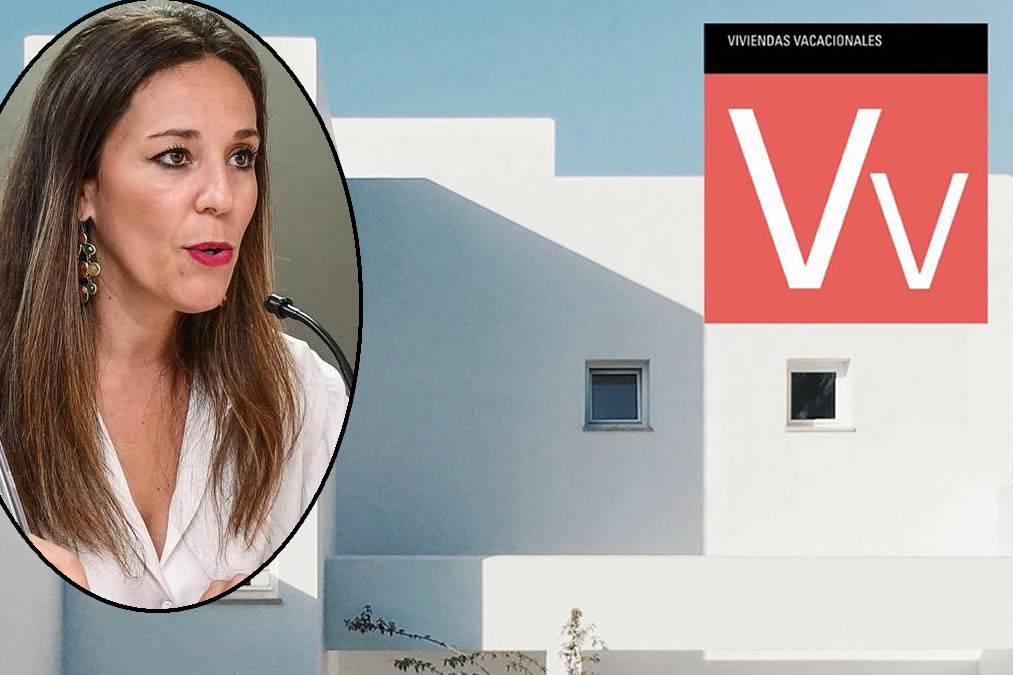Government authorises the ‘urgent’ processing of the draft law on holiday rental properties
- 02-07-2024
- National
- Canarian Weekly
- Photo Credit: CW
The Canary Islands' Minister of Tourism, Jessica de León, has announced that the draft law for the Sustainable Management of Tourist Use of Housing will be processed urgently to speed up its approval in September straight after the August summer break.
During a press conference following yesterday’s Government Council meeting, De León emphasised the urgent need for comprehensive regulations to address the increase in holiday let properties from a sustainability perspective.
She highlighted the importance of this law in protecting the constitutional right to decent housing, preserving the urban environment, ensuring the quality of life for all citizens, and planning tourism activities sustainably within the island’s ecosystem.
The new decree law aims to prevent tourism from developing in an unplanned and erratic manner, ensuring it meets minimum sustainable development standards. De León stressed that the legislation is crucial for maintaining the balance between residential and tourist uses of properties.
In April, the Ministry of Tourism made the draft of the new regulations public for 30 days for comments, feedback, and recommendations. This process resulted in 3,033 submissions, which are currently being reviewed.
As of now, there are 58,447 holiday homes registered in the General Tourism Register of the Canary Islands, providing a total of 244,613 beds for tourists. De León noted the adverse effects of the increase in holiday homes, including gentrification and "touristification" of various communities in the Canary Islands, as well as the construction of entire buildings for this purpose.
The minister also pointed out that many properties, individual or on complexes originally intended for residents, have been converted into holiday homes violating the principle of unified operation and their authorised use. This unregulated increase has undermined the democratically approved urban development model and lacked any comprehensive tourism planning.
Finally, De León warned that this situation threatens the immediate future of employment, tax revenue, competitiveness, and quality of the tourism sector in the Canary Islands. It also poses challenges for sustainable mobility and climate change efforts due to the displacement of local residents from traditional neighbourhoods and increased transportation needs.
Other articles that may interest you...
Trending
Most Read Articles
Featured Videos
TributoFest: Michael Buble promo 14.02.2026
- 30-01-2026
TEAs 2025 Highlights
- 17-11-2025



























































